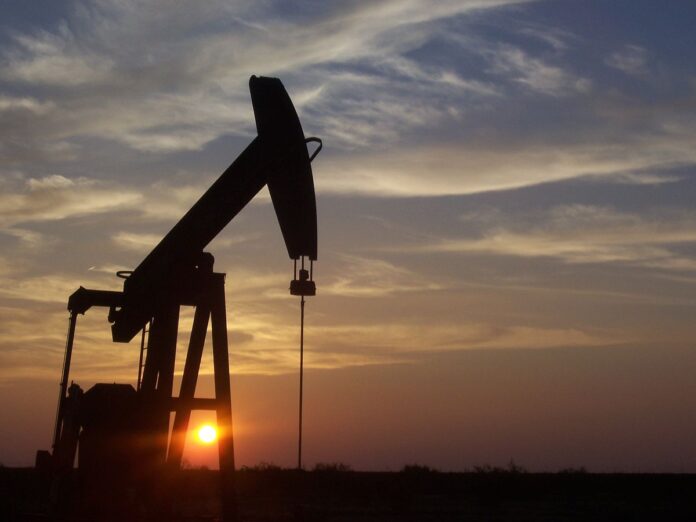Days before the presidential election, President Donald Trump signed an executive memorandum directing the Department of Energy to study what the economic and national security effects of banning hydraulic fracturing would be. Hydraulic fracturing, also known as “fracking” is a common method of oil and gas production.
Trump’s order requires Dan Brouillette, secretary of the U.S. Department of Energy (DOE), to examine and report on the ramifications of a fracking ban within 70 days, including the impacts on energy production and U.S. energy security. In particular the order directs DOE study how a fracking ban might impact consumer prices, economic growth, energy production, jobs, tax revenues, and how it would affect America’s economic and geopolitical standing with regard to Russia and China.
Trump issued the order shortly before attending multiple rallies in Pennsylvania at which he said Democratic presidential candidate, Joe Biden, would ban fracking if he became the President.
“Biden’s plan is an economic death sentence for Pennsylvania,” Trump said at a rally near Pittsburgh on October 31. “He will outlaw fracking and eradicate your great economy.”
DOE, Industry Applaud Order
A fracking ban would dramatically increase energy prices and result in higher unemployment, said Brouillette, in a statement praising Trump’s directive.
“A ban on fracking would result in the loss of millions of jobs, the doubling of gasoline prices, and the quadrupling of electricity costs,” Brouillette said.
Fracking has been critical to the United States becoming energy independent, and this study will confirm the myriad benefits it has bestowed on America, said Mike Sommers, CEO of the American Petroleum Institute in a statement released responding to Trump’s memorandum.
“Thanks to fracking, America is leading the world both in energy production and emissions reductions and is less dependent on foreign energy sources,” Sommer said. “We welcome further analysis to detail the important benefits of fracking, and we will continue to advocate for policies that advance this game-changing technology, including on federal and private lands.”



























While President elect Biden may have the authority to ban fracing on the federal domain, I believe his jurisdiction over private lands regulated by State oil & gas authorities is questionable, at best. I can’t see the Texas Railroad Commission, ND Industrial Commission, etc. idly standing for any federal overreach into their lawful oversight of mineral development. Further, private property owners will have ZERO tolerance for any attempt to ban fracing as that would, essentially, condemn their subsurface property (mineral) rights. So, I see any fracing ban as limited in scope.
You are correct Mr. Verret, Biden’s ability to limit fracking on non-federal lands is limited, unless the fracking involved violates federal clean air or water rules. In addition, unless the federal government is willing to pay compensation to those companies who are currently operating fracked oil and gas wells within federal rules on federal lands, or who have already purchased leases to frack at federal auction, a Biden administration will be limited to preventing new fracking leases.